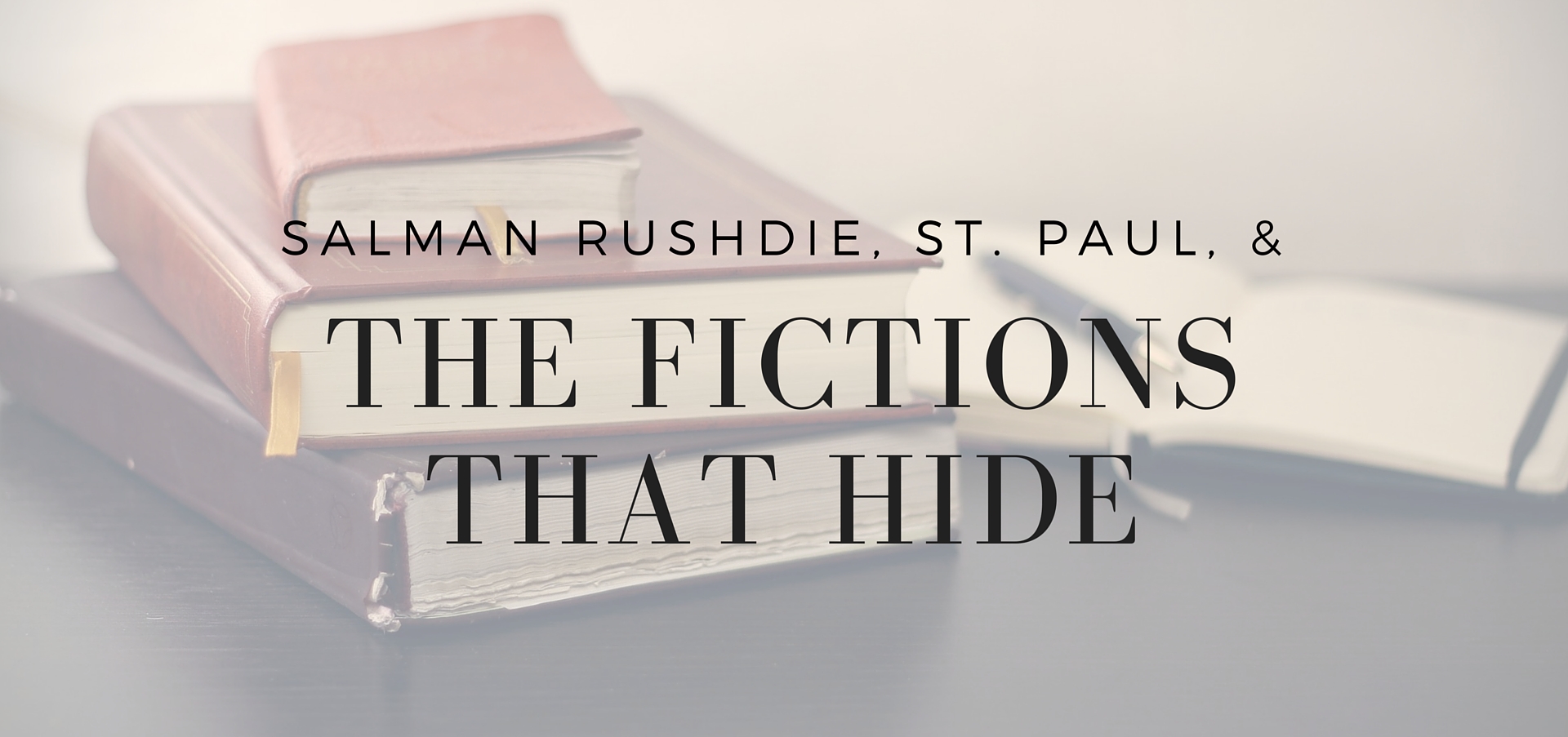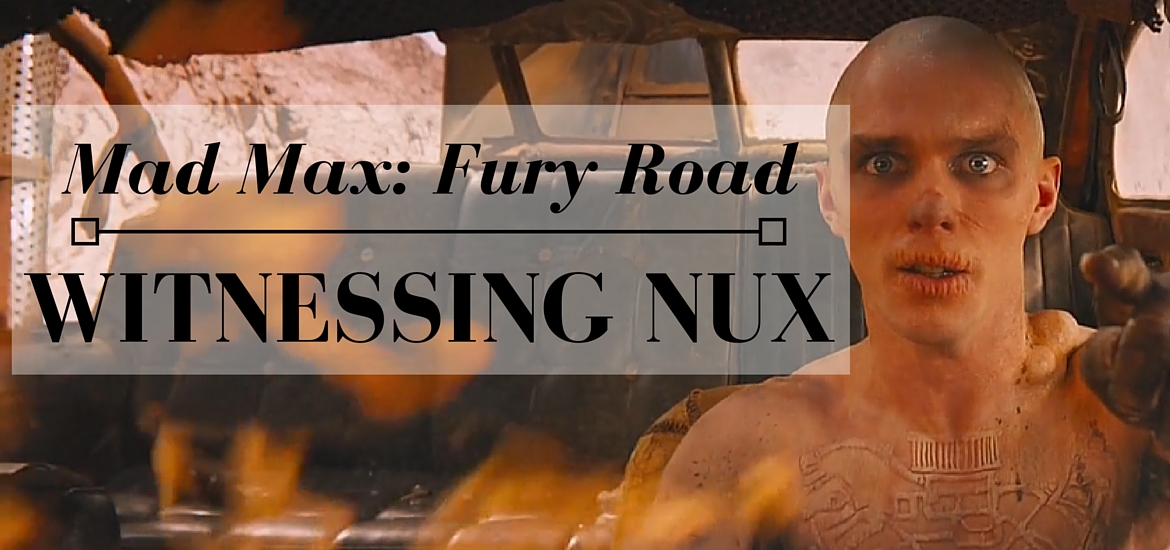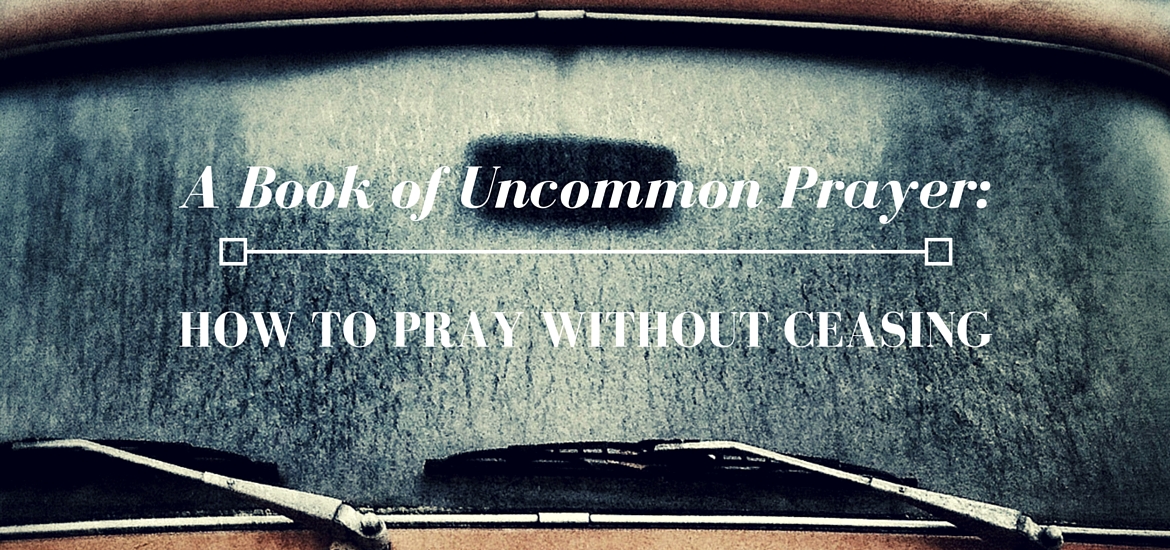I recently heard a conversation between Salman Rushdie (author of The Satanic Verses) and Paul Holdengraber (interviewer of NYPL fame).
Rushdie spoke about the letters he wrote to his parents as the start of his career writing fiction:
I was a very bad letter writer. Actually, I now have a lot of letters, because my parents saved them, and so I’ve inherited them. And they’re full of apologies for not having written. All of the letters begin with, I’m really sorry I haven’t written. And then, the usual kinds of fake explanations for why I haven’t written, how busy I’ve been at boarding school, or university. In many ways, those letters were my first works of fiction, because I was very unhappy at boarding school. But I didn’t want my parents to feel that, because my mother certainly felt very sad that I was sent away from home, and wished that I hadn’t been, and my father was spending all this money and taking all this trouble to give me a foreign education in England. So I would make up how happy I was.
The idea of letters as living in the genre of fiction struck me. I think we’re taught that there’s a hard line between fiction and nonfiction, between what’s true and what isn’t. And we’re taught that genres and formats have definite places they live. Letters, we believe, are firmly in the realm of nonfiction, usually somewhere near memoir.
But I imagine Rusdhie isn’t alone in this practice of lying in letters. I imagine many of us have glossed over the ugly parts of our life for the sake of conveying overall well-being. Or scribbled a note on an office birthday card that spoke of more affection than we truly feel. Or have written a less-than-sincere “So happy for you!” on the facebook wall of your friend who just got engaged to someone who provokes feelings other than happiness.
I imagine that we frequently write fiction under the guise of sincerity.
But what really struck me was the implications of that realization on the letters of arguably one of the most famous letter-writers in history: St Paul. He wrote many of the letters that have since been canonized as Christian holy scripture. Depending on which scholars you talk to, he wrote eight to ten of the 27 books that comprise the New Testament.
And I have to imagine that there is some level of fiction in them.
Paul’s letter to the Philippian church comes to mind. While writing it, he’s in prison. Prison, in Paul’s day, was even more harsh than modern day prisons — there was no concept of “human rights” for prisoners. And yet, Paul claims that he rejoices for his imprisonment, for God uses even these circumstances for the advancement of the gospel.
Which … it might be true that he, in his moments of reflective calm and acceptance, understands his imprisonment that way. But it also really sucks to be in prison and uncertain of whether you will be alive or dead next week.
Perhaps, like Rushdie, Paul wrote the happiest version of his life he could, for the sake of the church, for the sake of their hope in Christ.
Although, unlike Rushdie, Paul doesn’t completely avoid the reality of the hardships — he doesn’t pretend he’s not in prison, doesn’t pretend prison is a happy place to be. Paul acknowledges that hardship exists, but frames that hardship in a larger narrative that extends beyond his discomfort.
Ultimately, we see adult Rushdie doing this in a way that his child letter-writer wasn’t able to. In the interview, he frames his hardship in the larger narrative of his father’s care for him, the trouble his father went to for his sake, the benefits of the British education.
Perhaps framing one’s hardships in the context of a wider narrative is not the mark of a saint, but a pastoral task, an interpersonal task. Perhaps finding the happy points is a very human tendency when communicating with those who love us and are far away. The challenge is to balance the reality of the grief with the perspective of the larger narrative in which our grief exists. The challenge is to come to hope.



